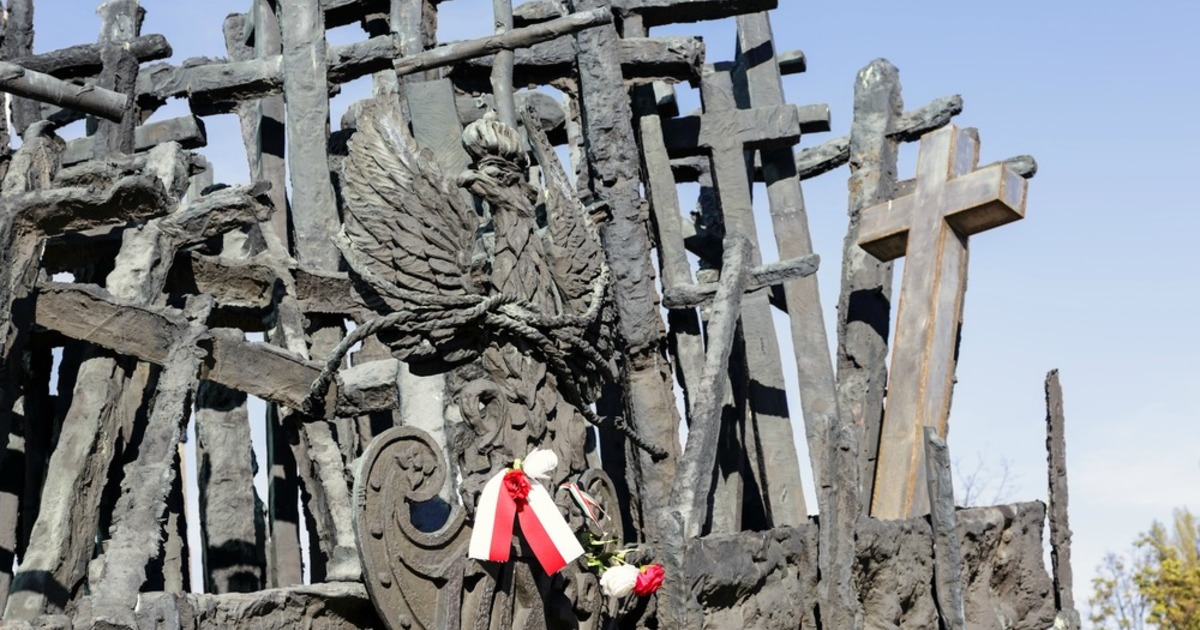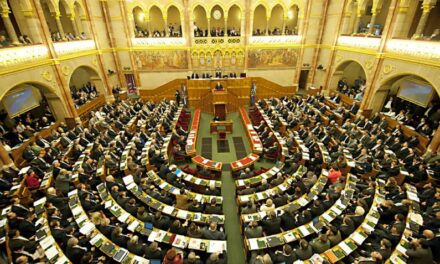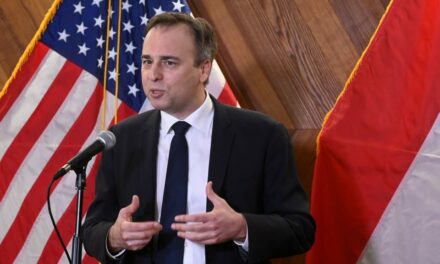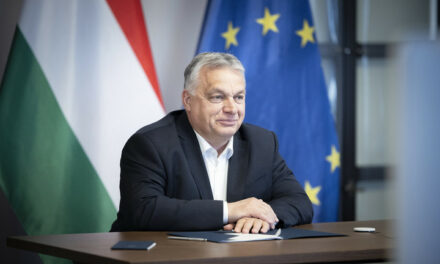In Poland, since 2008, April 13 has been the day of remembrance for the victims of the Katyn massacre.
On the eve of the Second World War, the Soviet-German non-aggression pact signed on August 23, 1939, the secret clause of the Molotov-Ribbentrop Pact divided Central and Eastern Europe, and Poland was "cut in half" along the line of the Narew-Vistula-San rivers. After Germany invaded Poland on September 1, 1939, starting the war, on September 17, the Red Army launched an attack to capture the Polish territories classified as Soviet spheres of interest. Five days later, the Soviet and German troops met at the designated line.
The Soviets took 250,000 Polish prisoners of war, among whom the officers who were not willing to cooperate and were classified as unfit for physical work were dragged to three special camps under the supervision of the People's Commissariat of Internal Affairs (NKVD).
On March 5, 1940, the People's Commissar of Internal Affairs, Lavrentiy Beria, suggested to Stalin in a list that he order the execution of 14,700 prisoners of war and 11,000 Polish intellectuals held in prison by these "confused enemies" of the Soviet power, namely without summoning them, explaining the charges and conducting an investigation. . Stalin signed the document on the same day, which the political committee of the Communist Party immediately forwarded to the NKVD in a decision.
Among the victims of the measure aimed at beheading the Polish intelligentsia, in addition to the officers, there were also thousands of doctors, lawyers, teachers, journalists and priests.
The Germans attacked the Soviet Union on June 22, 1941, and captured Katyn a month later. The mass graves were found in 1942 by Polish forced laborers of a track maintenance train following the instructions of the local Russian population, the German authorities began the exhumations on February 18, 1943. After the exhumation of about 400 bodies, on April 13, 1943, Berlin radio announced the mass graves of Polish military officers killed by the Soviets in a communique. The allies of the Soviet Union, which was in a life-and-death struggle with the Germans, received the announcement with skepticism, while the British and American governments remained silent.
The Soviet authorities accused the Germans of the massacre, and did not agree to an investigation involving the International Red Cross.
In 1992, the documents kept in the Russian archives, previously classified as state secrets, were made public in Poland. Andrzej Wajda was personally affected by the death of his father in the disturbing film he made about the massacre in 2007. On November 14, 2007, the lower house of the Polish parliament, the Sejm, declared April 13 the day of remembrance for the victims of the Katyn crime. The victims are commemorated by numerous monuments and the Katyn Museum opened in Warsaw in 2015. In 2011, Budapest, Óbuda, was the first of the Central European capitals to open a monument to the martyrs of Katyn.
(MTI)
Photo: demokrata.hu













